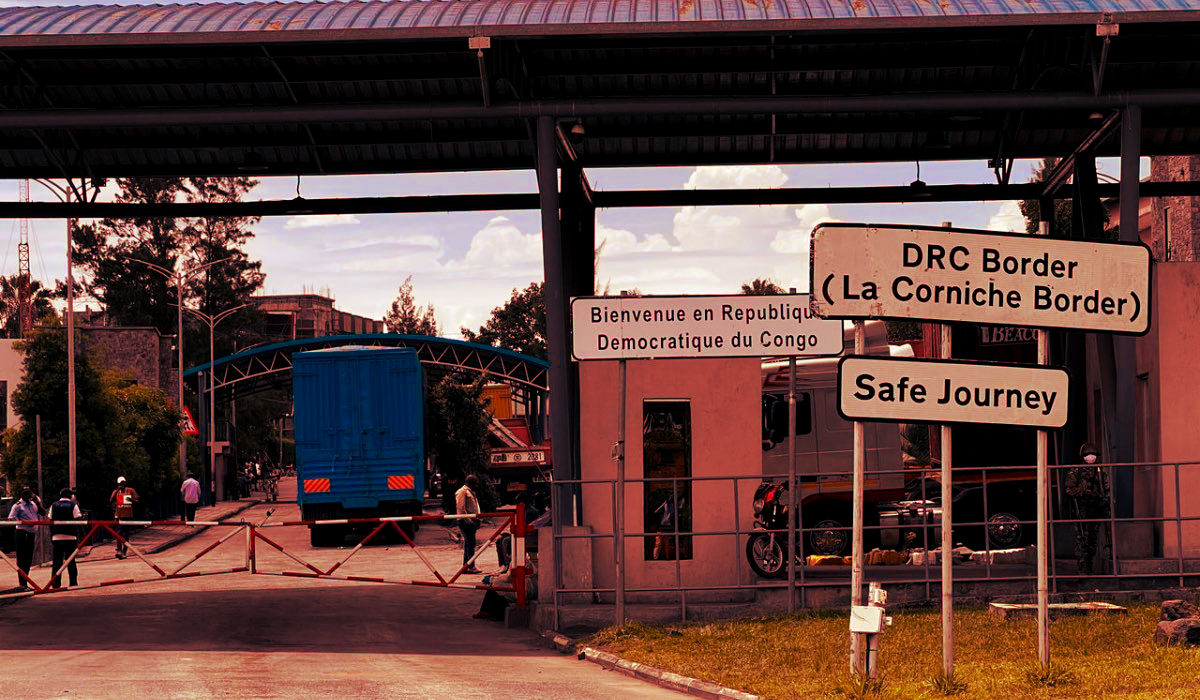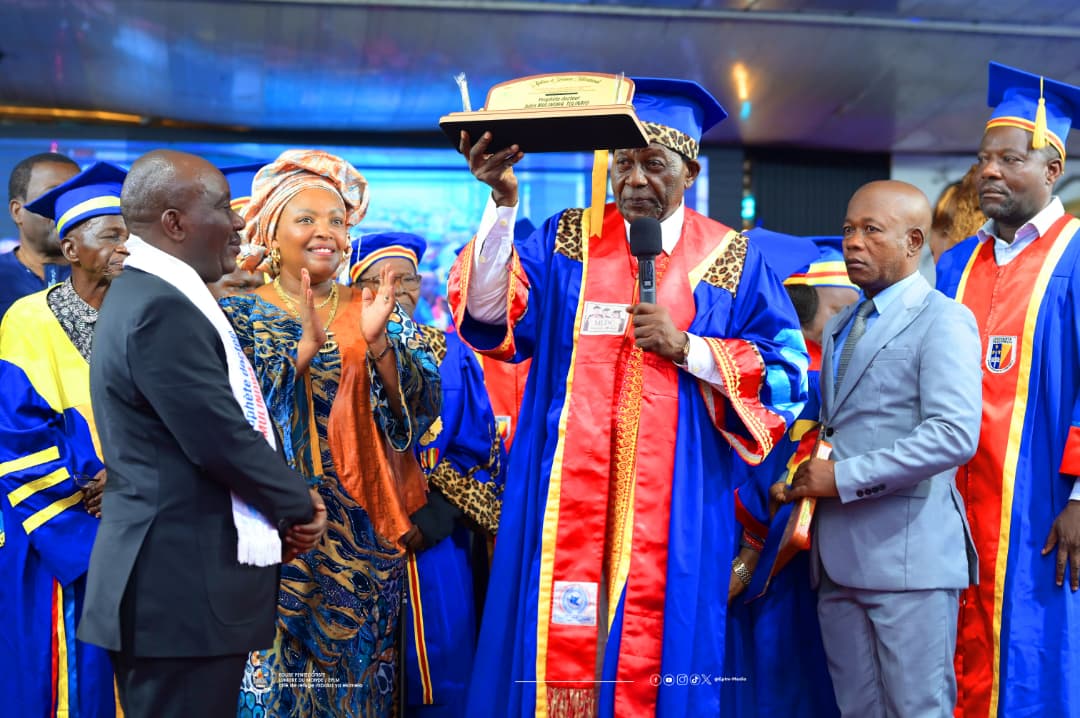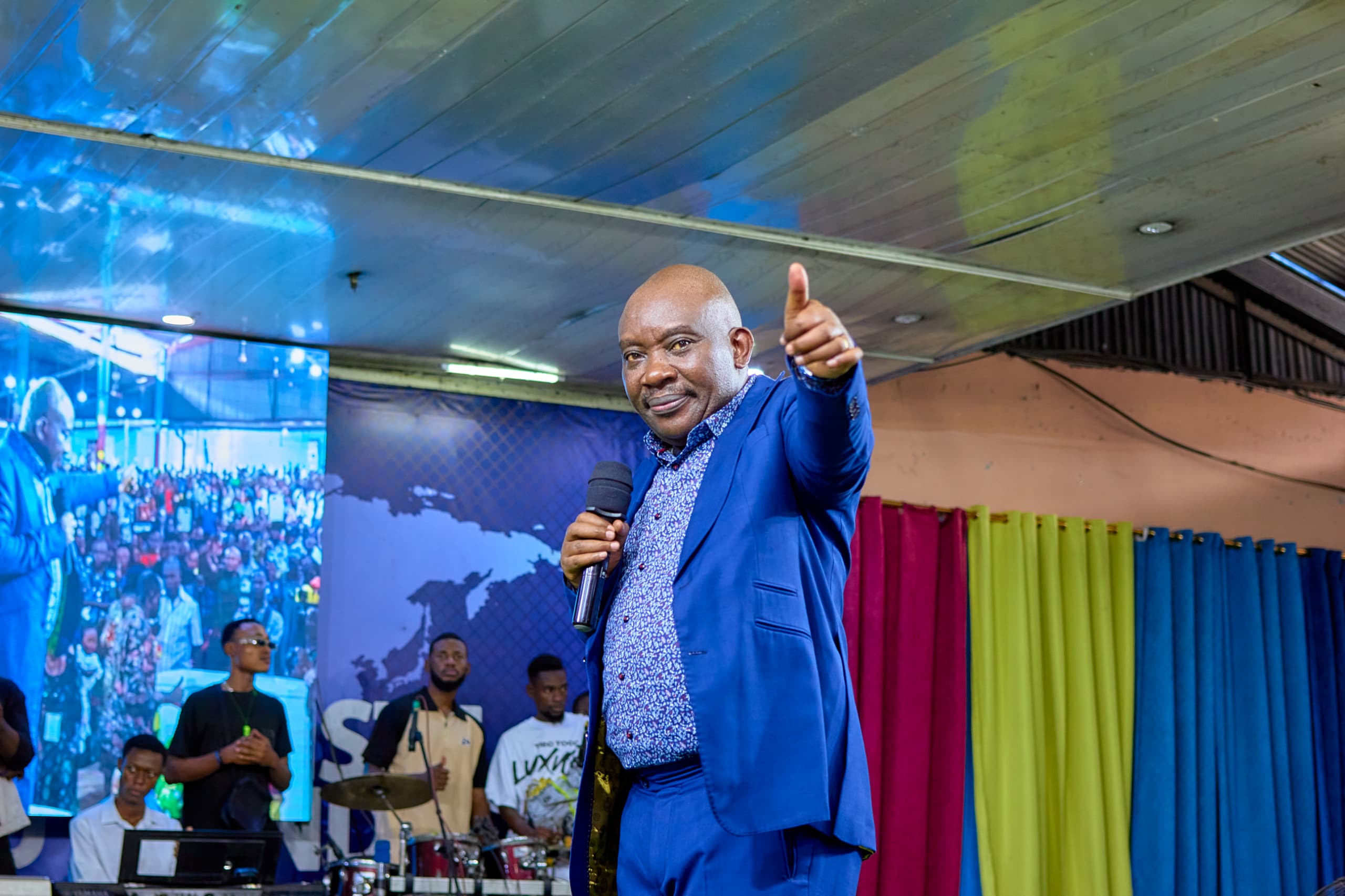After nearly nine months of controlling Goma, the March 23 Movement (M23) rebels have announced the extension of operating hours at the Grande Barrière border post linking Goma (North Kivu, DRC) to Gisenyi (Western Province, Rwanda) this September 18, 2025.
The decision was confirmed on Thursday, September 18, in an official press release issued by Bahati Erasto, the M23-appointed governor of North Kivu. Starting Friday, September 19, the busy crossing point will operate daily from 6:00 a.m. until midnight, a major increase from the previous schedule of 6:00 a.m. to 5:00 p.m.
According to Governor Erasto, the move is designed to ease the flow of people and goods across one of Central Africa’s busiest borders.
“All service heads and officials deployed at the crossing are strictly required to respect this measure, which must not suffer any failure,” the statement emphasized.
A Strategic Decision Amid Pressure
The announcement comes amid mounting demands from traders, daily commuters, and transport operators who rely on the Goma–Gisenyi border for both economic activity and family ties. For many residents, the Grande Barrière is not just a checkpoint but a lifeline, facilitating access to markets, jobs, and essential supplies.
By extending the operating hours, the M23 authorities aim to reduce congestion, boost trade flows, and strengthen cross-border exchanges at a time when tensions between Kinshasa and Kigali remain high.
Before Goma fell into the hands of the M23 in February 2025, the Congolese government had restricted border operations due to deteriorating diplomatic relations with Rwanda. The stricter timetable was meant to limit cross-border movement in the wake of escalating accusations of Rwandan support for the rebellion.
Nine Months of Rebel Administration
Since capturing Goma in February, followed by Bukavu (South Kivu’s capital) two weeks later, the M23 has consolidated control over vast territories in eastern Congo. Their administration has attempted to project a sense of normalcy, reopening schools, taxing businesses, and now adjusting cross-border policies.
However, the move also highlights the rebels’ need to gain local legitimacy by addressing the grievances of border communities. The Goma–Gisenyi crossing handles thousands of crossings daily, including small-scale traders, students, and families split between Rwanda and the DRC.
Regional and Diplomatic Implications
While the measure may improve day-to-day life for civilians and traders, it also raises questions about the balance of power in the region. By extending border operations, the M23 is effectively reinforcing its role as the authority managing one of the region’s most strategic trade routes.
Observers note that such decisions, once the prerogative of the Congolese government, are now being taken unilaterally by the rebels; underscoring Kinshasa’s limited control in the east.
For now, many residents welcome the decision, hoping it will ease congestion and allow smoother business activities. Yet uncertainty remains, as the long-term stability of the region depends not only on local governance but also on the fragile diplomatic ties between Kinshasa and Kigali, as well as ongoing regional mediation efforts.





